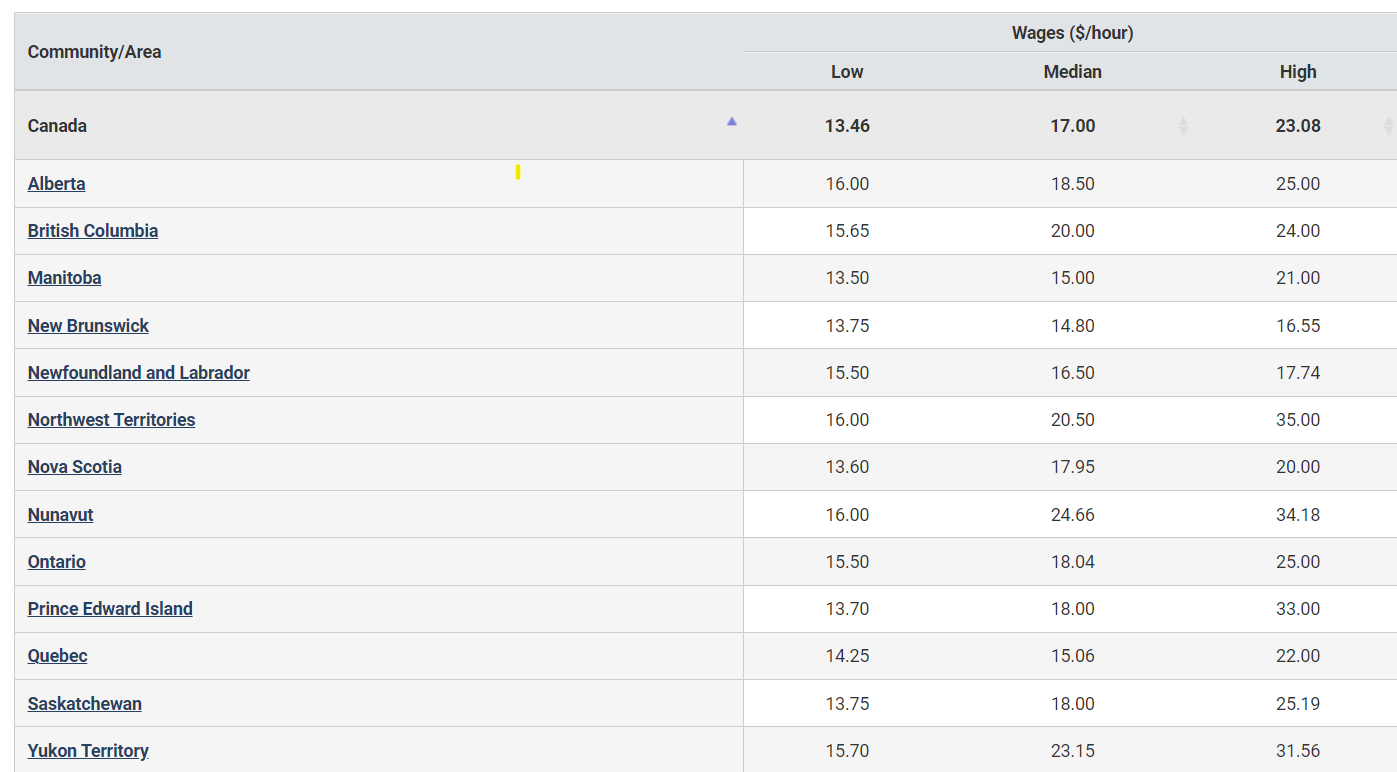Being a personal support worker (PSW) is a challenging task as you help those in need and support them manage their daily chores. Professional certification in this field can boost your chances of advancing your career as a personal support worker. When referring to this work, “PSW” is a common term. A personal aide, home support worker, or personal care attendant are other names for a personal support worker.
In this article, we’ll cover the most common questions that prospective students have about the personal support worker certificate. Let’s begin to learn more about what it takes to be a successful personal support worker.
What are the primary duties of a personal support worker?

PSWs (personal support workers) provide care for those who are ill, aged, or require assistance with daily activities. You ensure that your clients are at ease, secure, and in good emotional and physical health. As a staff member of a home care firm, you can work in the homes of your customers or for a long-term care facility. Additionally, you have the option of working for yourself and taking on contract work. Given that it doesn’t require extensive training, this profession is regarded as entry-level in the healthcare industry.
Some of the primary duties of PSWs include:
- Caring for patients and their families during illness or recovery periods.
- Giving patients bedside and personal care includes helping them move, wash, groom, dress up, and help them perform their daily tasks.
- Make a plan for meals.
- According to your home care provider’s or supervisor’s instructions, change non-sterile bandages and administer oral medications.
- Help with simple housework like making the beds, washing the dishes, and doing the laundry.
- Talk with your clients for emotional support.
- Act as a companion.
There can be more tasks on the list depending on your role and the needs of those you support.
How much do PSWs make in Canada?
The Personal Support Worker Certificate program at ABM College, helps students in developing a wide variety of skills including medication administration, nutrition, palliative care, and more, with a focus on ensuring the safety, comfort, and well-being of clients. Being equipped with such industry-relevant skills can enhance your chances of earning better in the field.
According to Job Bank Canada, personal support workers on average earn $23.08 per hour. Here’s a break up of average wages in this sector per province:

How long is a PSW course in Ontario?

PSW classes are available at 118 campuses across Ontario from 23 community colleges. An eight-month term, typically divided into two semesters, is the typical length of the Personal Support Worker Certificate program at these universities.
The present Ontario PSW program originated from a prior three-level training program. It combines training programs for home support workers and health care assistants that were previously provided in Ontario.
There are now two ways for PSWs to acquire the abilities and information necessary to function in the field: One is delivered through classroom instruction, while the other is through on-the-job training.
It gives you the ability to work in a variety of settings including homes, assisted living facilities, long-term care, and more. ABM College offers PSW Certificate at its Toronto Campus with a practicum to get you a head start in this career.
Is a PSW course worth it?

Jobs for PSWs are easily accessible for recent grads because of the growing need. A career as a PSW will also continue to be solid and secure because healthcare is a constant and basic requirement in our society.
There are various pros and cons to being a PSW. Some of the advantages of this job are:
- Job Stability and Security
- Strong Work Prospects
- Give Back to the Community
- Fast-paced Training
- A Rewarding Career
Each person providing personal support care brings unique skills to the table. It necessitates a fundamental understanding of the subject, but traits like persistence, patience, and respect for others are advantageous. Some of the abilities needed to be a successful support worker include:
- Ability to listen and understand
- Excellent communication skills
- Passion for helping people
- Respecting others and accepting their choices
- Being collaborative
- Belief in others’ values, culture, and needs
- Committed to helping others
- Being empathetic
- Keeping a positive attitude
- Compassion and patience
- Being professional – friendly and human
Final Thoughts
PSW healthcare professionals are high in demand in Canada as healthcare needs are persistently rising. It’s important for you to acquire the required skills, knowledge, and experience to gain an edge over the competition.
ABM College provides in-person certification in personal support worker at Toronto Campus that can help you kickstart an exciting career in the healthcare field.
Contact us to learn more.
You can read more industry-related blogs here.
Graphics: freepik
About The Author

Private Career College
ABM College is a leader in career-focused education, committed to empowering students with industry-relevant skills. With expert instructors and practical training, ABM College delivers high-quality programs in health, business, technology, and more, ensuring graduates are prepared to meet workforce demands. Known for its supportive learning environment and a focus on real-world application, ABM College is a trusted educational partner helping students achieve professional success across Canada.
